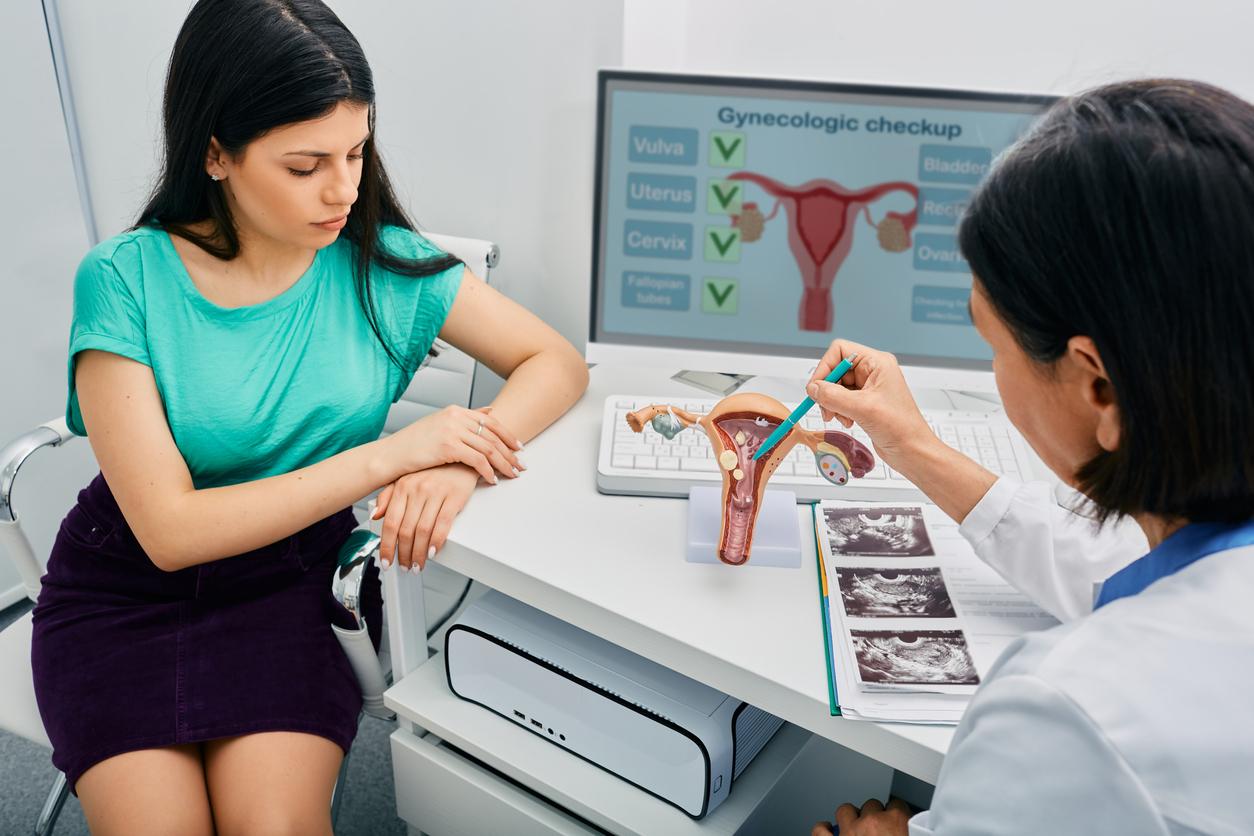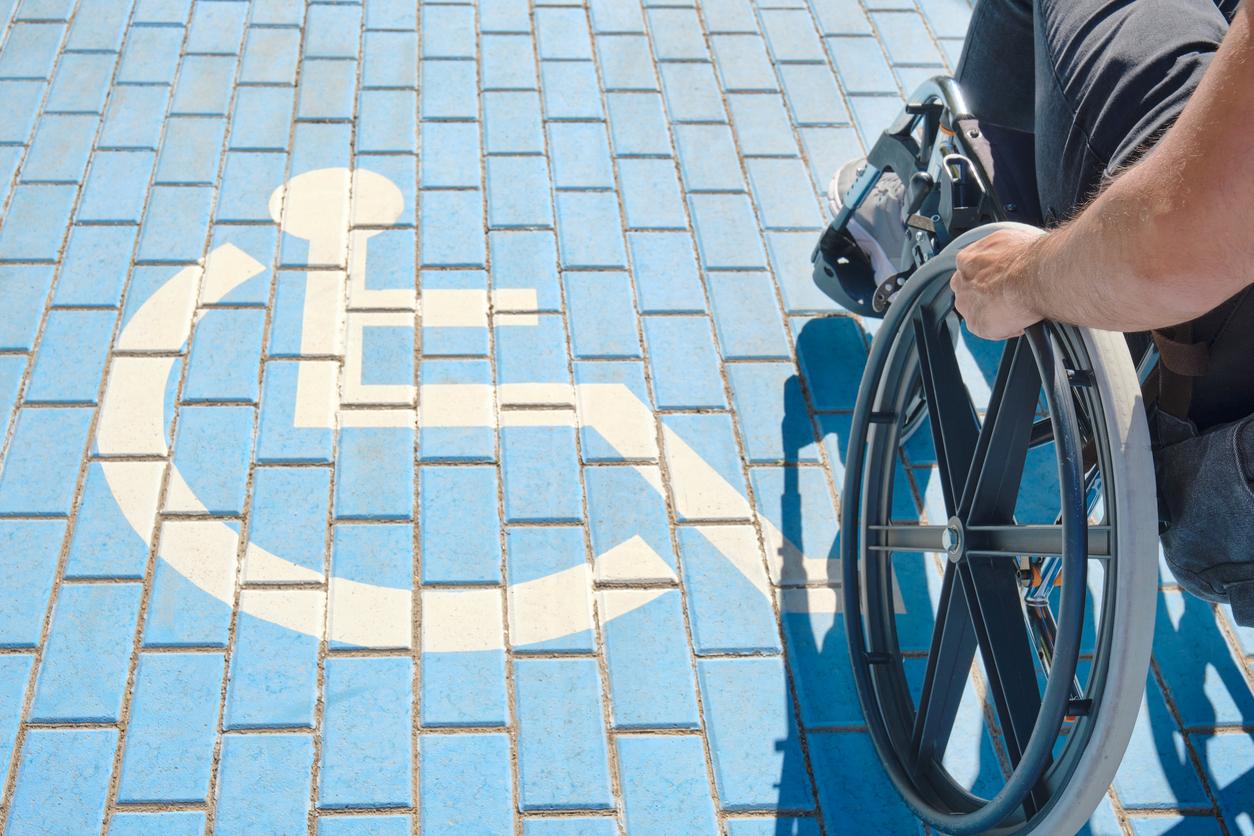Requested by the Prime Minister, the National Advisory Ethics Committee issues an opinion on consent during gynecological examinations, in which it calls for restoring the bond of trust between patients and caregivers.

- According to the Ethics Committee, consent “must no longer be tacit or presumed, but explicit and differentiated” for each examination carried out during a consultation.
- Specific arrangements for the reception in gynecological consultation of people in vulnerable situations must be provided.
- The organization advocates for better training of medical students “in the humanities, ethics and patient rights”.
During her life, a woman consults on average between 50 and 80 times a gynecologist. In recent years, more and more patients have reported and denounced the gynecological and obstetrical violence they have suffered during medical visits. In 2022, complaints of rape, against certain renowned health professionals, were filed.
“A loss of chance for patients” because of an “alteration of trust”
These grievances “are sources of tension and a deterioration of trust between patients and caregivers”, according to the National Consultative Ethics Committee (CCNE). This deterioration in trust can lead to disaffection “of certain medical specialties under the effect of collective opprobrium and targeted attacks on social networks”. Other risks feared by the body: “an evolution of medical practices that does not comply with the real needs of patients” And “a significant loss of opportunity for patients (in cancers in particular)” because of a “refusal of exams, out of fear, apprehension or mistrust”.
“The examination of the body” should not be “experienced as a break-in”
In his opinion 142 dedicated to consent and respect during gynecological examinations, CCNE calls for rebuilding the relationship of trust between doctors and patients. After interviewing more than 30 people (patient representatives, gynecologists, midwives, deans and interns) for eight months, he underlines, during a press conference, that it is necessary “to restore the dialogue”.
Jean-François Delfraissy, President of CCNE, indicates that“a time for discussion” during consultations is necessary. During this conversation, the practitioner must explain the procedure for examinations affecting intimacy and obtain the patient’s consent. He “must no longer be tacit or presumed, but explicit and differentiated”, specifies the organization in its opinion made public on March 29. “We need consent at each consultation so that the examination of the body is not experienced as a break-in”, adds Jean-François Delfraissy, explaining that the collection of consent in writing is not relevant, because “he’s frozen in time.”
Suitable places and increased vigilance for vulnerable people
The Ethics Committee also insists on increasing vigilance regarding the difficulty of undergoing examinations relating to intimacy for women who are victims of sexual violence. “A need for attention is also greater for patients with endometriosis”, points out Karine Lefeuvre, co-rapporteur and member of CCNE.
This recommendation also concerns people in vulnerable situations (precariousness, disability, minors, psychological distress, cognitive disorders, etc.), for whom specific arrangements must also be made. “In general, there are no cabins for changing. The places must be adapted”, says Jean-François Delfraissy. “Providing a screen or a blanket are simple gestures that show respect for dignity”, continues Karine Lefeuvre. It indicates that the presence of a third person during the gynecological consultation is not obligatory, but that it is possible. “at the request of the patient or the doctor”.
Better training of medical students
CCNE recommends increasing awareness of the humanities, ethics and patient rights in the initial training of caregivers and developing specific lessons on carrying out examinations affecting the intimate sphere. “Patients should be involved in the training”, specifies Fabrice Gzil co-rapporteur and member of the organization.

















